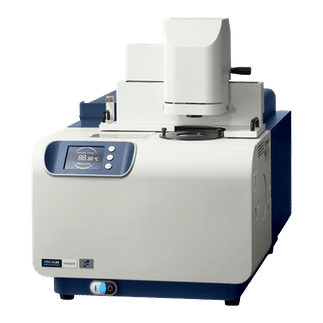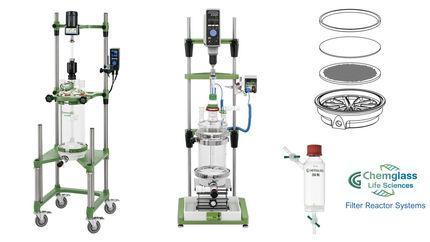To use all functions of this page, please activate cookies in your browser.
my.chemeurope.com
With an accout for my.chemeurope.com you can always see everything at a glance – and you can configure your own website and individual newsletter.
- My watch list
- My saved searches
- My saved topics
- My newsletter
Electrochemical noiseElectrochemical Noise (ECN) is the generic term given to fluctuations of current and potential. When associated with corrosion is the result of stochastic pulses of current generated by sudden film rupture, crack propagation, discrete events involving metal dissolution and hydrogen discharge with gas bubble formation and detachment. The technique of measuring Electrochemical Noise (2) uses no applied external signal for the collection of experimental data. Product highlightThe ECN technique measures the signal perturbations which are low level fluctuations of the corrosion potential between two nominally identical electrodes which can be used in the mechanistic determination of corrosion type and speed. The fluctuations are usually of low amplitude , less than a millivolt and of low frequency bandpass filtered RMS value (DC and high frequency AC components removed). The noise corresponds with the low level frequency noise (differential of the ZRA) signal but has a much lower amplitude when general corrosion is involved. The technique considers the reactions occurring at the metal - solution interface and suggests two currents flowing on each electrode as a result of the anodic and cathodic reactions. References(1)Dawson J L "Electrochemical Noise Measurements:ASTM STP 1277 (2) Mansfield F and Xiao H Electrochemical Noise Impedance Analysis of Iron in Chloride media. (3)Cottis R A "The effects of solution resistance on electrochemical noise resistance measurements: A theoretical analysis. UMIST Manchester UK Additional information including copies of early papers and a list of existing electrochemical noise patents is here |
| This article is licensed under the GNU Free Documentation License. It uses material from the Wikipedia article "Electrochemical_noise". A list of authors is available in Wikipedia. |







